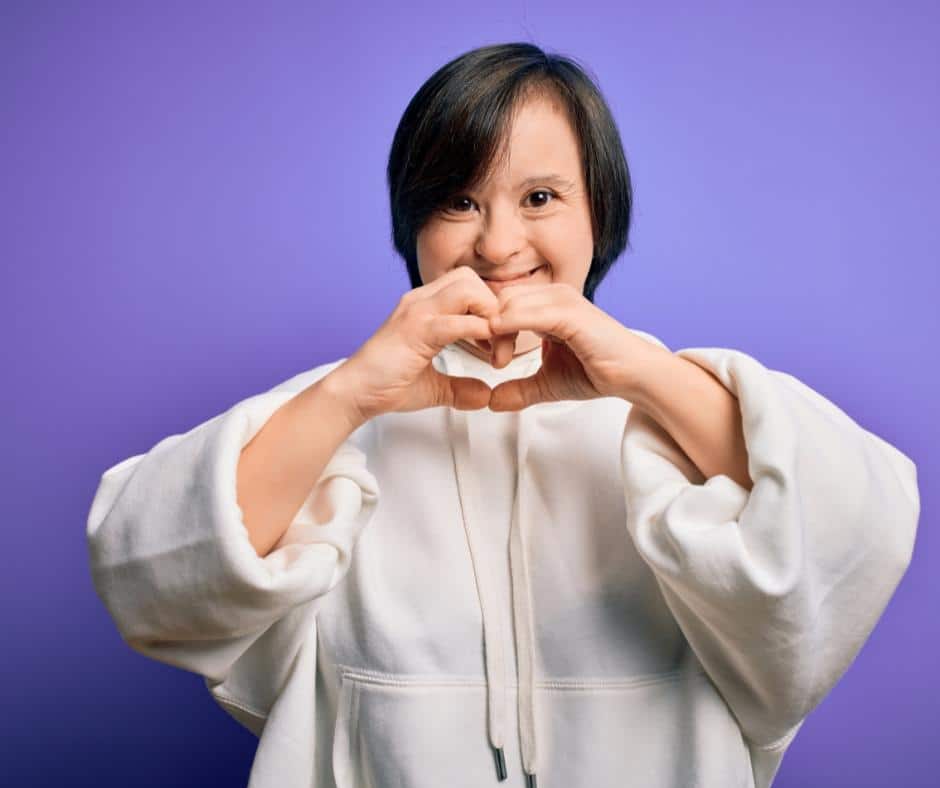In a world of clinical protocols and structured therapies, one of the most powerful interventions in care is also one of the simplest: joy. Emerging neuroscience suggests laughter, music, and social connection don’t just feel good, they improve health, and bolster resilience. For both Aged Care and NDIS clients, integrating these experiences into care may be just as critical as medicine.
Guided by this belief, KompleteCare applies a holistic approach to every aspect of our support, whether through community engagement, group activities, or one-on-one support. Each interaction is seen as an opportunity to build connection and enrich daily life. The focus remains on nurturing both health and happiness, ensuring every person feels valued, supported, and truly cared for.
More than a smile
Laughter is often dismissed as frivolous, but neuroscience tells a deeper story. When we laugh, multiple brain regions activate: the prefrontal cortex processes the humour, the limbic system (including the amygdala) handles emotional salience, and motor areas coordinate the physical act of laughing. At the same time, the brain floods neural circuits with endorphins, dopamine, oxytocin, and serotonin—neurotransmitters tied to pleasure, and stress relief.
One clear mechanism is through stress hormone reduction. Cortisol—which, at chronic levels damages the hippocampus (a region crucial for memory)—falls after bouts of laughter. This creates a protective buffer for memory and cognition in older adults.
In care settings, guided laughter therapy has shown promise in reducing symptoms of depression and enhancing overall mood. Though research in these environments is still evolving, the physiological underpinnings are compelling: laughter taps into circuits that counteract stress, boosts social bonds, and supports cognitive health.
Memory, mood, and meaning
While laughter activates emotional and reward circuits, music reaches deeper, weaving emotion, memory, and movement together. Music reaches further into brain networks: the auditory cortex, hippocampus motor networks, and emotional centres like the amygdala all engage when we listen or sing.
In studies with those living with dementia or cognitive decline, individual music therapy has shown measurable benefits in observed wellbeing, mood, agitation, and social engagement.
For example, an 8-week music therapy program in an acute aged care ward in Australia found patients and staff uniformly reported increased happiness, relaxation, improved mood, and satisfaction with the sessions.
Other literature reviews and clinical studies suggest music can amplify recall, language fluency, and emotional connection in people with dementia, reducing reliance on pharmacological interventions for agitation or mood symptoms.
However, it is important to note the limitations. Many studies suffer from small sample sizes, methodological heterogeneity, and lack of longer-term follow-up. So, while results are promising, evidence should be interpreted with cautious optimism.
Why these approaches work
Why do laughter and music seem to help so much in care environments? Several overlapping biological and psychological pathways:
- Neuroplasticity and connectivity: Joyful stimuli may strengthen or preserve synaptic connections, particularly in the hippocampus and prefrontal cortex, guarding against decline.
- Emotional resonance: Music and laughter reach us on an emotional level, which means engagement is higher than for many other therapies.
- Social bonding and oxytocin: Shared laughter or shared music creates connection, which supports mental health and reduces isolation.
- Distraction and stress buffer: Joyful experiences shift attention away from pain, fear, or discomfort, giving the nervous system a chance to reset.
- Rhythmic entrainment and motor activation: With music, rhythmic patterns can engage motor circuits, improving movement and coordination.
In sum, these interventions are not just ‘nice extras.’ They work through physiological and psychological mechanisms that support brain health, mood, and quality of life.
Ultimately, the science of joy reminds us support goes far beyond clinical treatment. When laughter and music become part of the everyday rhythm, they have the power to calm the mind, strengthen connection, and awaken memories that may have felt lost. The most effective approaches, according to the research, are personal and consistent, shaped by each person’s story, culture, and comfort.
For KompleteCare, this philosophy underscores every service we provide: that true care is not just about what we do, but how we make people feel. By integrating emotional connection with clinical excellence, KompleteCare continues to lead a compassionate, person-centred approach. Joy is not an afterthought for us, but an essential ingredient in healing.
If you or a loved one need support, contact our friendly team today on (08) 8265 5696 or visit the enquiry page on our website, www.kompletecare.com.au/enquiry-form-sa.








